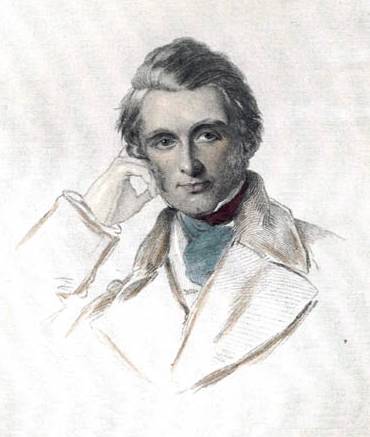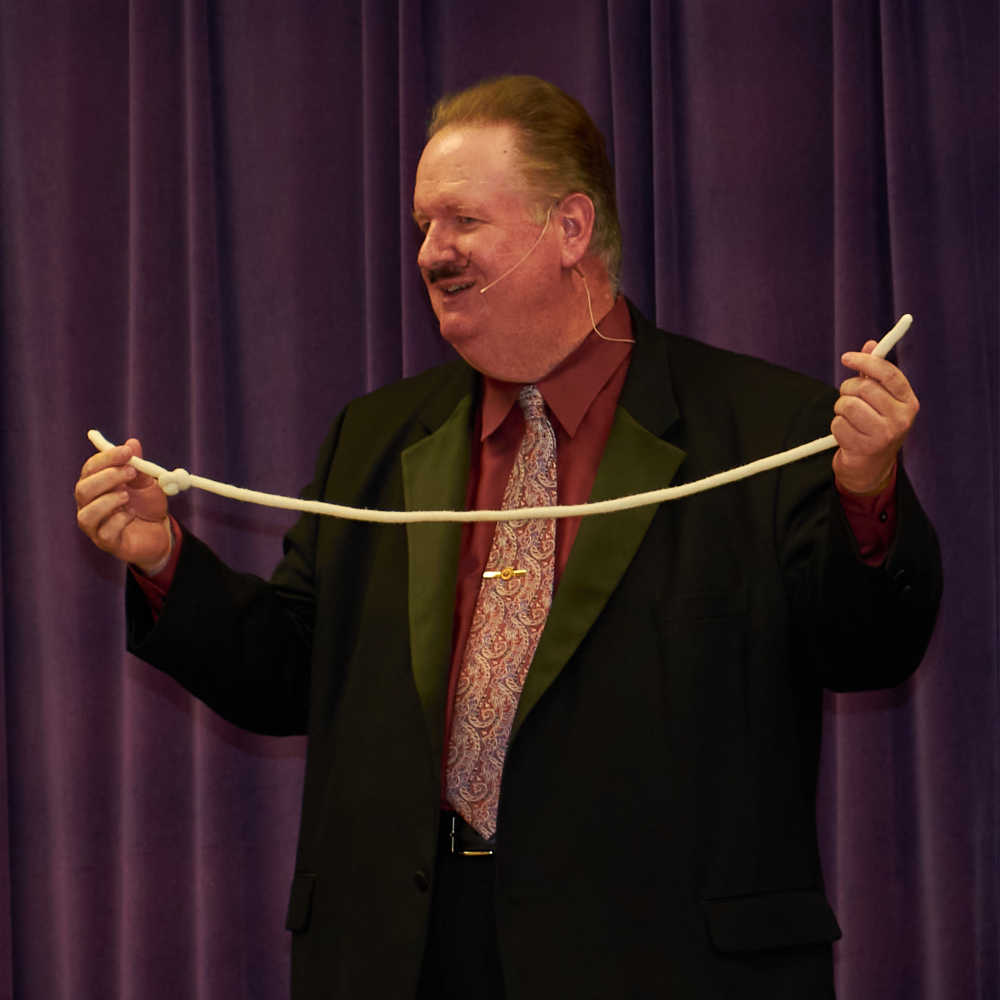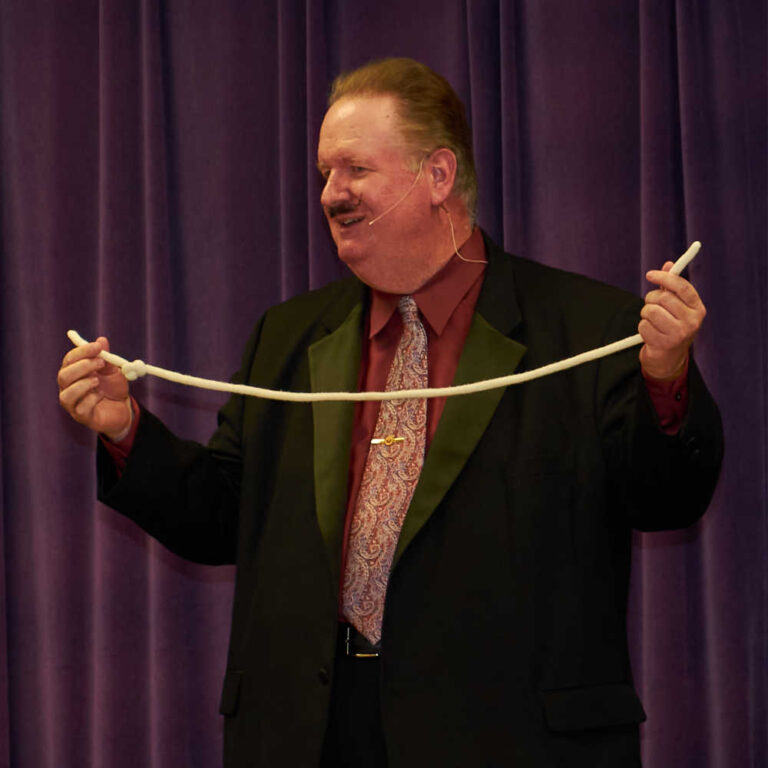On the Essential, Eternal Question of Pricing…

English art critic, social thinker, and writer
(photo via Gutenberg Project)
When a client contacts a professional speaker or entertainer for a possible engagement, the one issue everyone knows must be addressed – but which nobody wants to be the first to mention! – is the fee. Modern negotiation theories suggest that the first party to mention a number shows weakness; if both parties know that “rule,” then the dance that follows can become quite farcical!
While visiting a local business association headquarters recently, I saw a quote on this subject which was attributed to John Ruskin, an English polymath. In the Victorian era he was most well-known as an art critic, but he also worked as an artist, philosopher, and writer of fiction and non-fiction across an enormous range of topics.
Among the many wonderful and thought-provoking quotes attributed to Ruskin is a short passage on the subject of pricing of goods and services. Ruskin produced several important works on economics and social theory (some components of which, however, I think have been largely disproven in the century since his death). That said, I think the passage on pricing endures for the simple reason that most people can relate to the issue because most of us have experienced being on both sides of a negotiation or bidding situation.
On the buyer’s side, who among us hasn’t kicked himself in remorse of buying an inferior product after being hypnotized by a low price? What seemed “good enough” at the time turned out not to be nearly as adequate as one had hoped. As Aldo Gucci, one of the famed Gucci sons of the fashion industry, wrote: “The bitterness of poor quality is remembered long after the sweetness of low price has faded from memory.”
On the seller’s side of the table, many of us have winced at the pain of seeing a prospect make a buying decision that everyone but she knows that she will regret later. Even the wisest buyer and most experienced negotiator can be momentarily tempted by a discount and distracted by what looks like “a bargain.” Such is human nature.
Most scholars dispute the attribution of the famous pricing passage to Ruskin; while it has a point of view that is consistent with some of Ruskin’s ideas, it cannot be sourced to any of his known publications. Part of the quote has gone on to be known as the Common Law of Business Balance.
Disputed though its origin may be, the passage itself is worthy of reflection by both buyers and sellers.
PRICING
It’s unwise to pay too much, but it’s worse to pay too little.
When you pay too much, you lose a little money — that is all.
When you pay too little, you sometimes lose everything,
because the thing you bought was incapable of doing the thing it was bought to do.The common law of business balance prohibits paying a little and getting a lot —
it can’t be done.If you deal with the lowest bidder, it is well to add something for the risk you run –
and if you do that, you will have enough to pay for something better.
There is scarcely anything in the world that some man cannot make a little worse, and sell a little more cheaply.
The person who buys on price alone is this man’s lawful prey.







2 Responses
Which just goes to show that “You Get What You Pay For!” (Thanks. Joe!)
Phyllis Walker, Hummingbird Studios
Great thoughts, Joe, and so true!